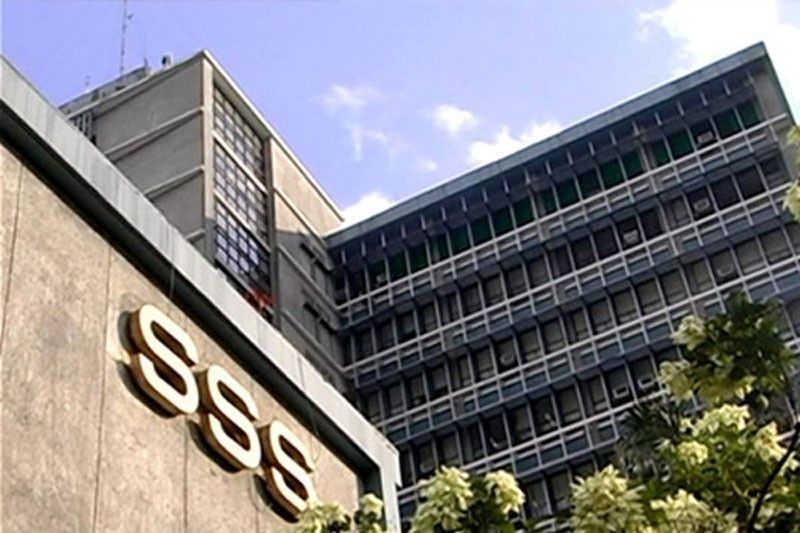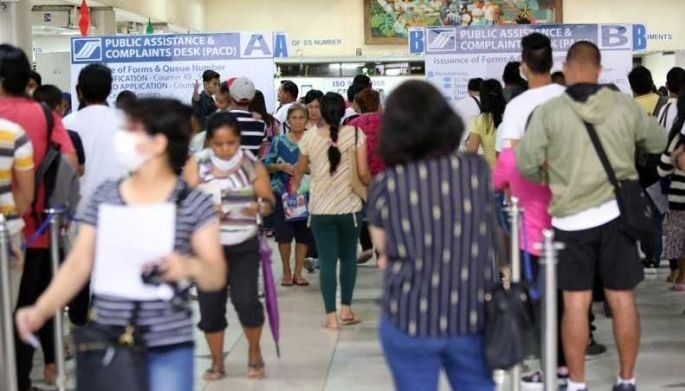Higher contributions loom as SSS bill edges closer to taking effect

MANILA, Philippines — Private sector workers may soon have to pay higher contributions for their pensions once the bill reforming the Social Security System takes effect this Friday.
Without action from President Rodrigo Duterte, the bill, transmitted to the president's desk last January 8, would lapse into law on Friday. The SSS reform bill is priority legislation of the Duterte administration.
As per the Constitution, bills transmitted to Malacañang automatically take effect if the chief executive does not approve or veto them 30 days after transmittal.
While SSS has not released a copy of the enrolled bill for Duterte's signature, original bills approved by the House of Representatives and the Senate mandated the gradual hiking of membership contributions from 11 percent to 15 percent by 2025.
For this year alone, Senate records show contributions would rise to 12 percent. Broken down, employees' contributions would rise to 4 percent from 3.63 percent, while that of employers would increase to 8 percent from 7.37 percent.
Contributions would further increase to 13 percent by 2021, 14 percent by 2023 and 15 percent by 2025.
Apart from an increase in membership premium, the reform bill also provides for jobless benefits to SSS members, equivalent to two months worth of salary, as well as establish a provident fund for members.
Overseas Filipino workers will also be required to contribute to SSS, with membership to the fund compulsory. Under the current set-up, OFWs may contribute voluntarily.
The bill, ratified by Congress last November, also gives SSS more leeway as to where to invest its fund.
It also designates the Secretary of Finance as ex-officio chair of the Social Security Commission, SSS's policy-making body. The last chair, Amado Valdez, was fired by Duterte in February last year and had not been replaced.
The bill is crucial to the sustainability of SSS, especially after Duterte approved a 1,000-peso hike in pensions last January 2017, a key election promise, without a commensurate increase in contributions.
For two years, the SSS has struggled to raise more revenues to fund the hike, which has resulted in the fund life getting shortened by 10 years to 2032 as of last year.
The fund life gauges the ability of the fund to service future obligations before getting bankrupt. The second tranche of P1,000 pension increase has not been implemented yet.
From January to October last year, data showed SSS recorded a net income of P14.13 billion, up 28.1 percent year-on-year. Revenues rose 6.8 percent, while disbursements increased 5.2 percent during the same period.
- Latest
- Trending
































